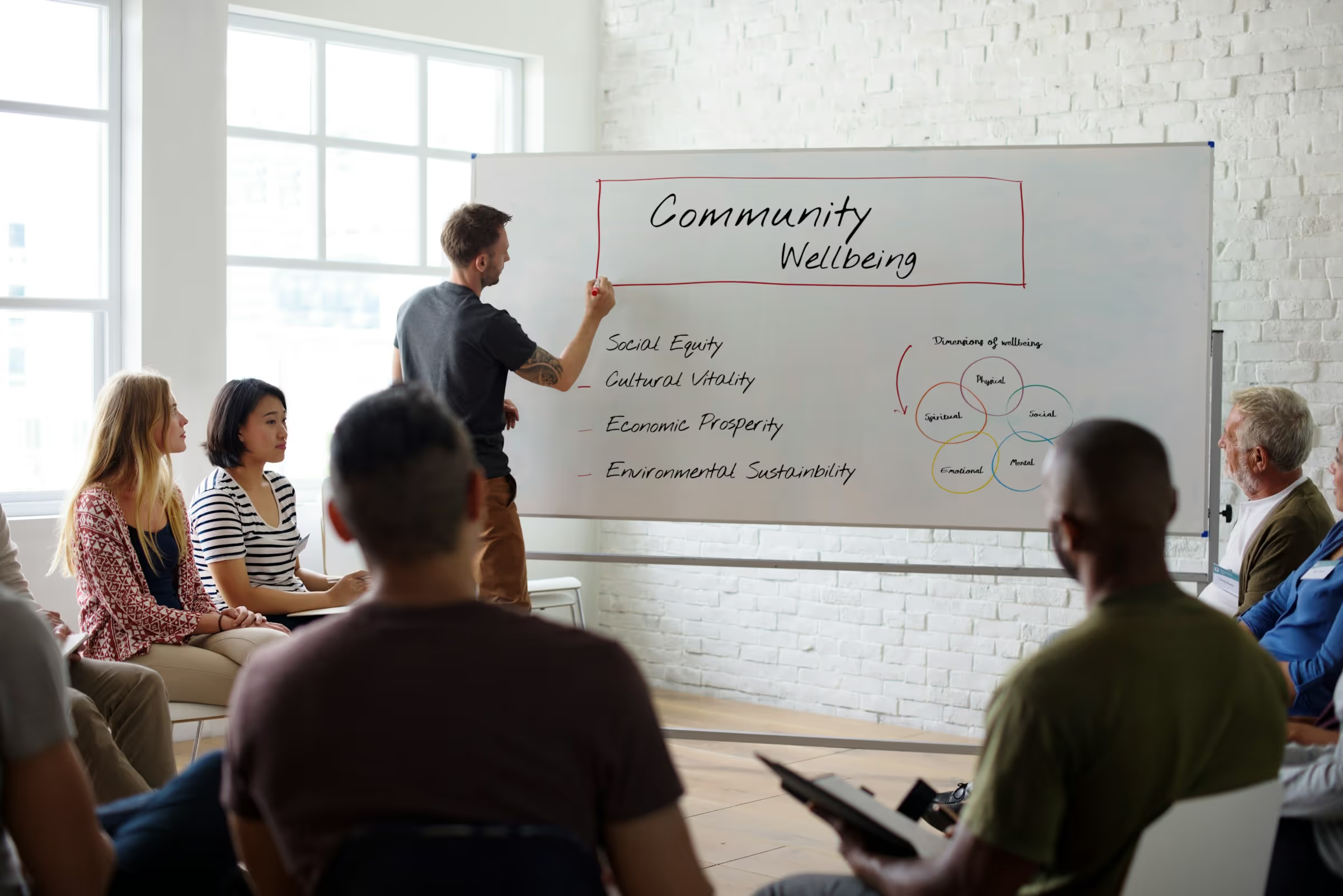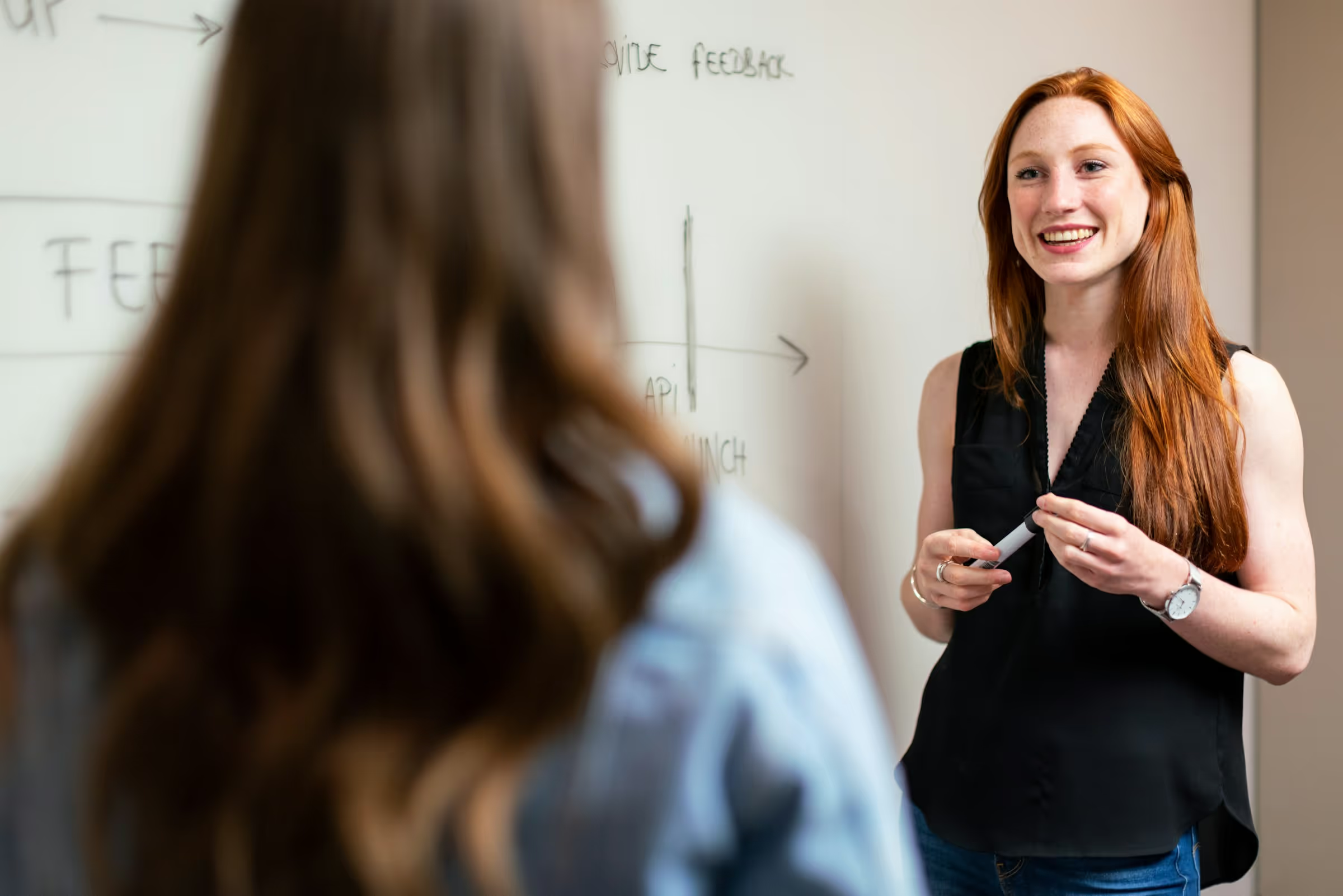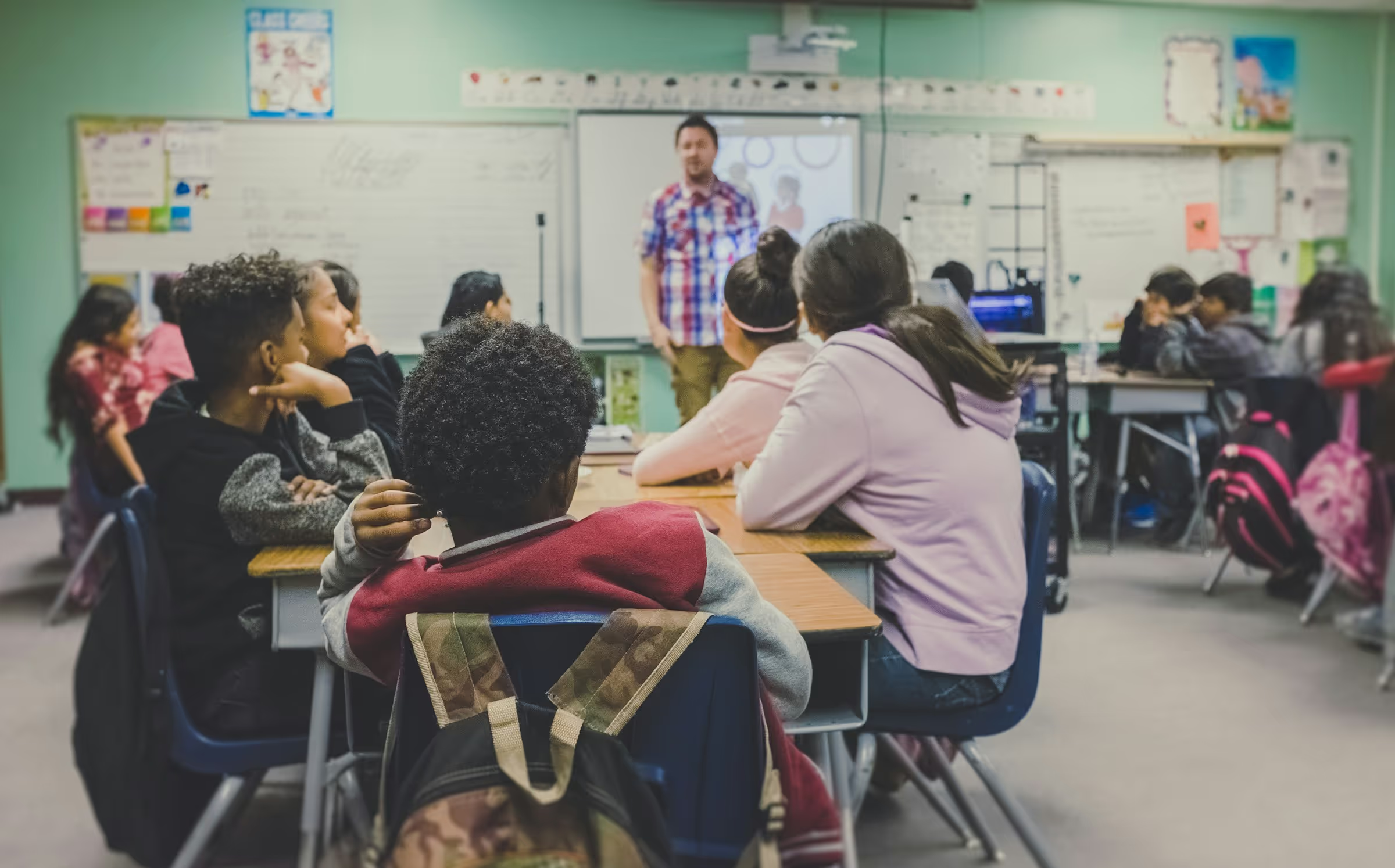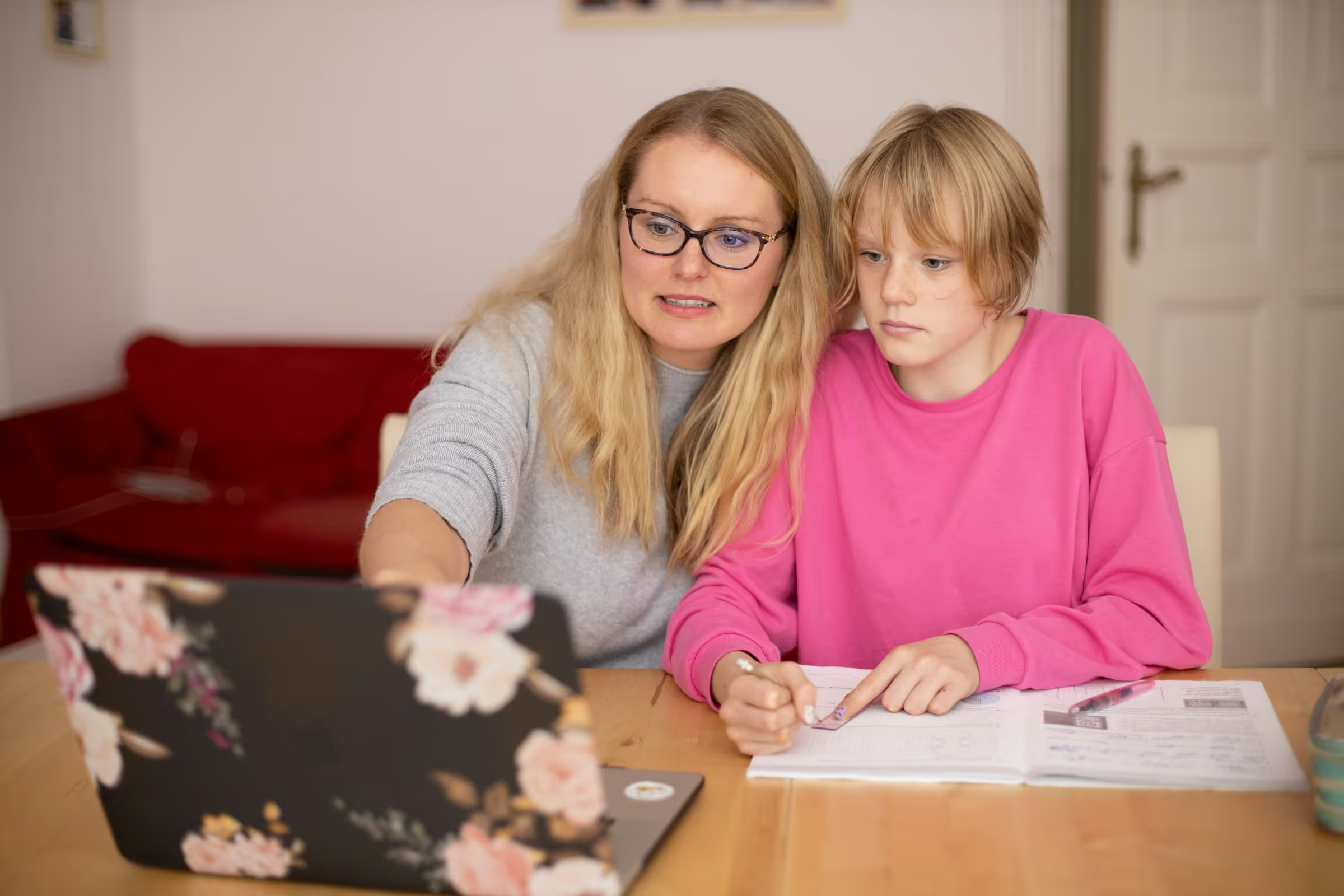Social-Emotional Learning
Generoso Consulting’s Social-Emotional Learning (SEL) programs help educators integrate social and emotional learning so students build empathy, self-awareness, and stronger peer relationships.

What Is SEL & Why It Matters
Social-Emotional Learning (SEL) is the process through which individuals develop the knowledge, skills, and attitudes needed to understand and manage emotions, set and achieve goals, feel and show empathy, build positive relationships, and make responsible decisions.
In classrooms grounded in SEL, students are better equipped to handle conflict, regulate behavior, and support one another. For educators, teaching SEL strengthens connection with students, improves classroom climate, and deepens relational trust.
Self Awareness
Self-awareness is the ability to understand your own emotions, values, and behaviors. It involves recognizing what drives your actions, how you respond to challenges, and how your feelings affect those around you.
Benefits of developing self-awareness include:
Understanding your needs and motivations
Identifying emotions and triggers
Recognizing personal strengths and areas for growth
Clarifying beliefs, values, and purpose
Building confidence through reflection and goal achievement
.avif)

Self Management
Self-management is the ability to regulate one’s emotions, thoughts, and behaviors in different situations. It involves staying calm under pressure, adapting to challenges, and making choices that support well-being and personal goals.
Key skills developed through self-management include:
Managing time effectively
Communicating clearly
Using de-escalation and relaxation techniques
Building healthy routines for balance and wellness
Responsible Decision Making
Responsible decision-making is the ability to make thoughtful, ethical choices that reflect personal values and respect others. It involves understanding how actions impact both yourself and your community.
Skills developed through responsible decision-making include:
Showing empathy and understanding different perspectives
Communicating respectfully and effectively
Identifying problems and evaluating options
Recognizing that every choice has consequences
Building character and resisting negative influences


Social Awareness
Social awareness is the ability to recognize and respect the perspectives of others, showing empathy for people from diverse backgrounds and experiences. It encourages understanding, inclusivity, and compassion in every interaction.
Key outcomes of developing social awareness include:
Understanding social and ethical norms
Reading and responding to body language
Demonstrating empathy and concern for others
Recognizing strengths in others
Building a sense of community and shared responsibility
Relationship Skills
Relationship skills involve communicating clearly, listening actively, and working cooperatively with others. They help us manage conflict, show empathy, and build meaningful relationships in all areas of life.
Key skills developed through relationship building include:
Clear and respectful communication
Active listening
Cooperation and teamwork
Negotiating and resolving conflict
Sharing thoughts and feelings appropriately
Recognizing and respecting cultural differences

Benefits & Outcomes
For Students
• Better emotional regulation and decision-making
• Stronger relationships and peer empathy
• Fewer behavioral issues and classroom disruptions
For Educators & Classrooms
• Increased trust, connection, and classroom harmony
• Improved communication and conflict resolution
• Greater confidence in handling challenging moments
For Schools & Culture
• A more supportive, inclusive learning environment
• Strengthened social climate across grade levels
• Long-term investment in social, emotional, and academic growth
Ready to Bring SEL Into Your Classroom?
Book a consultation to explore how Generoso Consulting can help your school launch or deepen SEL practice.
